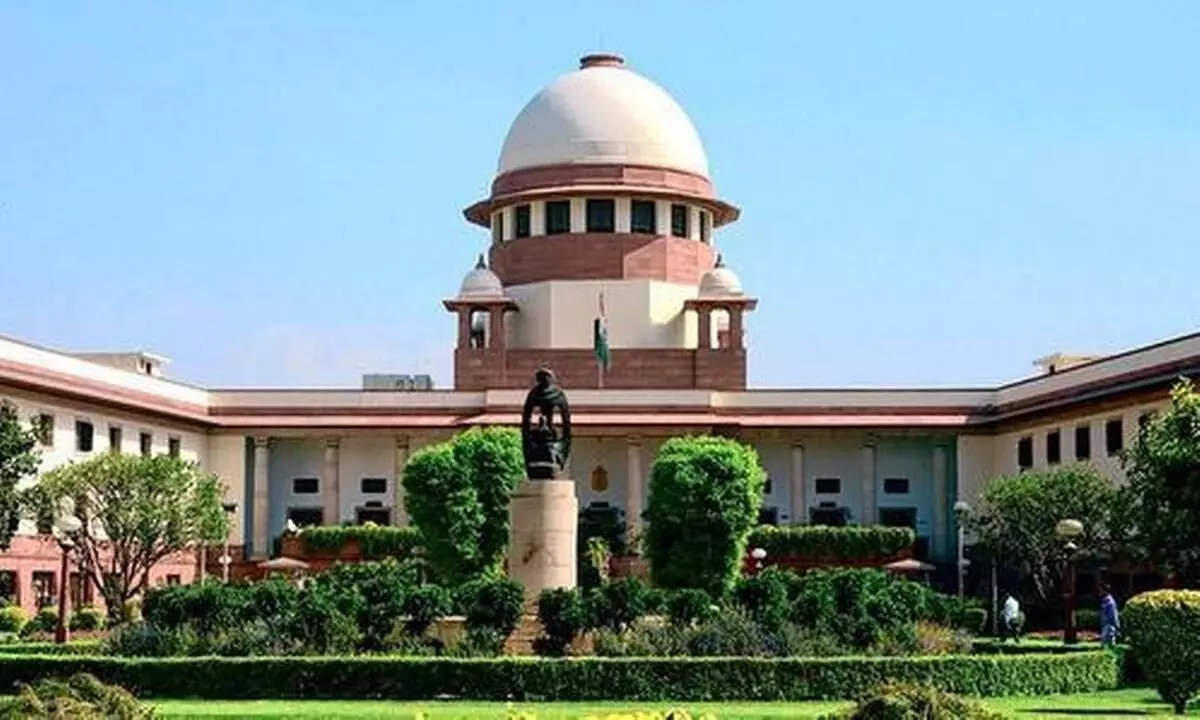
SC upholds 27% quota for OBC in NEET
text_fieldsNew Delhi: The Supreme Court on Thursday upheld the 27% quota for Other Backward Classes in the National Eligibility cum Entrance Test (NEET) which students take for admission into state government-run medical institutions.
The apex court observed that reservation for backward classes is not at odds with merit but it furthers distributive impact, reported legal news website Bar and Bench.
Earlier, on January 7, a division bench comprising Justices D.Y. Chandrachud and A.S. Bopanna had through an interim order allowed the resumption of medical counselling for NEET-PG admissions for the year 2021-22, and upheld the validity of 27% OBC and 10% economically weaker sections quotas.
The NEET-PG is conducted by the National Board of Examinations that comes under the Union health ministry. That verdict came when doctors across the country had been protesting for counselling to begin so that large scale vacancies could be filled. The Supreme Court did not come to a final decision regarding the validity of the EWS (Economically Weaker Section) reservation with the criteria as applied then, but in view of the urgency of completing admissions, parked the issue for final decision, and allowed this year's selection to proceed according to the already set criteria, and as pleaded for by the Union government.
On that basis, the decision of the Unioin government of July 2021 to introduce OBC and EWS reservations proceeded as scheduled.
The judgement on Thursday, also contained certain observations of the court about reservations versus merit-based selection put forward by some petitioners. The bench said that competitive exams do not reflect economic social advantage which is accrued to some classes.
"Articles 15(4) and 15(5) are facets of substantive equality. Competitive exam do not reflect economic social advantage which is accrued to some classes. Merit should be socially contextualised. Reservation is not at odds with merit but furthers it's distributive impact," the Court said
The bench also emphasised the reasoning behind why the All India Quota (AIQ) system for reservation in state-run medical college seats was devised in the first place.
"Centre was not required to seek permission of this court before granting reservation in AIQ seats and thus their decision was correct. We hold that reservations for OBC in AIQ for undergraduate and post graduate courses are constitutionally valid," the order stated.
The court added that the validity of criteria for determining the EWS quota will have to be heard at length in March this year.






















